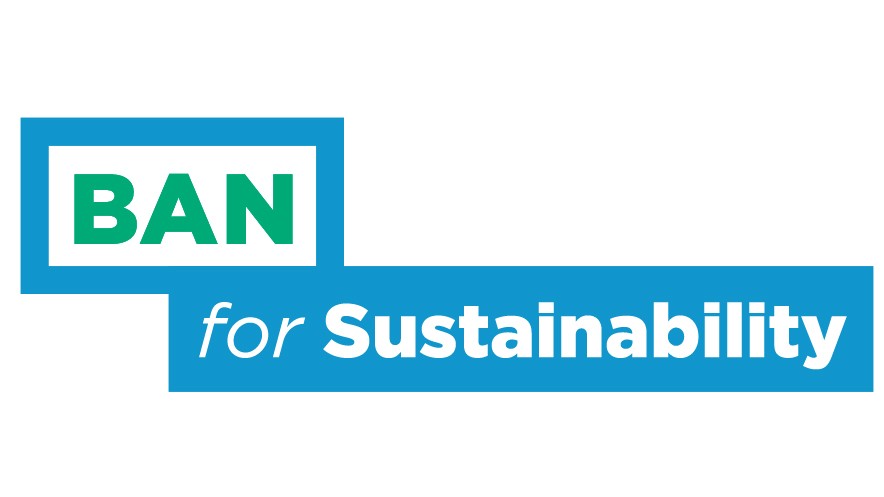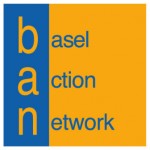New responsible guideline for trade in used electronic equipment published

The Basel Action Network (BAN) has published its new Responsible Guideline on Transboundary Movements of Used Electronic Equipment and Electronic Waste to Promote an Ethical Circular Economy under the Basel Convention. This was developed as an alternative Guideline to the Basel Convention's Interim Guideline which has been fraught with controversy and lack of consensus.
The Responsible Guideline was published in advance of the 14th Conference of the Parties to the Basel Convention which will be held in Geneva from 28 April to 9 May. The alternative guideline was necessary, according to BAN, because the "official" interim guideline (UNEP/CHW.14/7/Add.6) in its latest negotiated draft iteration, departs from the purpose and intent of the Basel Convention and places developing countries at serious risk of being targeted with uncontrolled hazardous electronic waste dumping.
"Not only will the existent official guideline promote harm to developing countries, but it undermines the global effort to promote environmental justice and a responsible circular economy," said BAN's Director, Jim Puckett. "With the new Responsible Guideline, we provide an appropriate compromise ensuring full transparency, the national right of refusal, and thus ensures that the poorest communities on earth no longer bear a disproportionate toxic burden under the name of electronics re-use or recycling."
At the behest of the electronics manufacturers represented by the Information Technology Industry Council (ITI) and Digital Europe, and promoted by the European Union, the "official Guideline" unfortunately was dangerously weakened in recent years to allow a blanket exemption from the Basel Convention's controls for non-functional hazardous electronic equipment -- considering them non-waste and thus outside of the Convention's scope. The problems with this approach are threefold:
- Any whole equipment can be claimed to be "repairable" and thus avoid waste controls
- Even legitimate repair involves non-functional parts and unrepairable items being discarded in importing countries and then disposed of there
- The proposal violates the intent and purpose of the Basel Ban Amendment, which makes it illegal to export hazardous waste of all kinds for any reason from developed to developing countries.
The alternative Responsible Guideline addresses these dangerous shortcomings of the official Guideline on e-Waste while still allowing companies to engage in legitimate repair. In this way, the Guideline remains consistent with the original Base Convention principles and obligations while fully embracing the circular economy.
"Turning away from the Basel Convention while trying to embrace the circular economy is a nonsensical contradiction," said Puckett. "Instead, we urge all Basel Parties and other governments, human rights, and environmental organizations, to utilize and endorse the new, Responsible Guideline."



